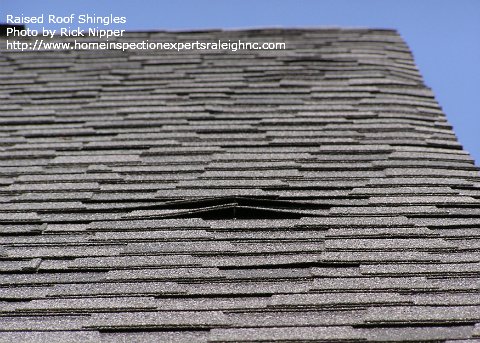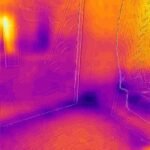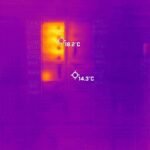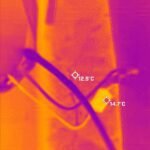Common Home Inspection
Home Maintenance Inspection
New Building Inspection
Our Services
Trust the Experience
A home inspection is a crucial process for potential homebuyers and sellers to assess the condition of a property. Here are some of the most important aspects and considerations during a home inspection:
Structural Integrity: The inspector will thoroughly examine the foundation, walls, roof, and overall structural components of the property. Any signs of cracks, water damage, or structural issues could be significant concerns.
Electrical Systems: This includes checking the electrical panel, outlets, switches, and wiring. The inspector will look for outdated or unsafe electrical components that might pose fire hazards.
Plumbing Systems: The inspection will cover the water supply, drainage, water heaters, and fixtures. Leaks, water pressure issues, and faulty plumbing can lead to costly repairs.
HVAC Systems: The heating, ventilation, and air conditioning systems will be assessed for proper functionality and efficiency. Inadequate HVAC systems may result in discomfort and higher energy bills.
Roof Condition: The inspector will evaluate the roof’s age, condition, and potential leaks. Roof repairs or replacements can be expensive, so it’s essential to know its condition.
Insulation and Ventilation: Proper insulation and ventilation are critical for energy efficiency and preventing moisture-related issues like mold and rot.
Exterior: The exterior of the house, including siding, windows, doors, and any decks or patios, will be inspected for signs of damage, rot, or safety issues.
Interior: The interior spaces will be checked for any visible defects, such as water stains, cracks, or signs of pest infestation.
Appliances: If the home comes with appliances, they should be inspected for proper functioning and safety.
Safety Features: The inspector will verify the presence and functionality of safety features such as smoke detectors, carbon monoxide detectors, handrails, and fire exits.
Environmental Concerns: In some cases, home inspections may include checking for environmental hazards like asbestos, radon, lead paint, or mold.
Drainage and Grading: Proper drainage and grading around the property are essential to prevent water intrusion into the basement or foundation.
Termite and Pest Inspection: A separate inspection for termites and pests is often conducted to identify any infestations or damage caused by them.
Code Compliance: While not all inspectors check for code compliance, it’s beneficial to know if any major renovations or additions are up to local building codes.
It’s important to note that a home inspection is a visual examination of the property and may not uncover every potential issue. If the inspector identifies significant concerns, further evaluation by specialists may be recommended. Homebuyers should carefully review the inspection report and consult with their real estate agent before proceeding with the purchase or negotiating repairs with the seller.

Heating and Cooling

Roof

Exterior

Plumbing

Electrical

Foundation
Thermal Imaging



